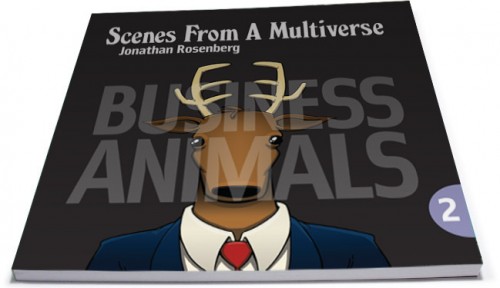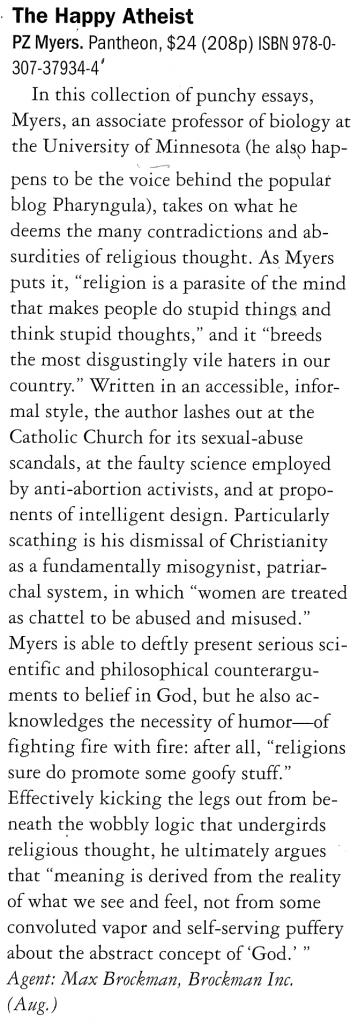Lehrer has landed a new book deal. This has sparked justifiable disgust: Maria Konnikova explains why.
Lehrer is not the writer who simply made up a few Bob Dylan quotes and self-plagiarized (the way he’s portrayed in recent accounts of his latest book deal). He is the writer who got the science wrong, repeatedly, who made up facts, misrepresented information, betrayed editors, and lied, over and over and over again, for many years, in multiple venues, not just in a single book. He is, in other words, the writer and journalist who went against the basic tenets of the profession, and did so many times over. He is the surgeon who botched surgery after surgery, the lawyer who screwed up case after case, the engineer whose oh-so-pretty designs toppled after a year or two, not once, but multiple times, and on and on. Why, then, is he not seeing the consequences the way he would have necessarily done in most other professions? Why is he instead getting the equivalent of a fresh docket of cases or a new departmental job: a coveted book deal with a prominent publisher?
He’s slick. He writes with a glib authority, and is a master of superficial plausibility, able to whip out a snappy footnote with a reference just obscure enough to tickle recognition in the brains of knowledgeable readers and to wow the yahoos. He sounds smart. But there’s a real vacancy at the core.
He’s not good at the science. He’s a poor researcher. He’s not a good writer — he churns words around and knows the form, but the content isn’t there.
So now he’s going to paste together another book that will clutter the shelves and deprive better writers of support. Konnikova suggests an action we can take:
And that’s why we, the readers, are the only possible villain—that is, if we choose to be, by continuing to pay attention to Lehrer, by continuing to cover his work, by buying his new book and reviewing it and drawing attention to it. By making it possible for this book of love to be another best-seller.
So let’s make a choice. Let’s not do it. Let’s show Simon & Schuster that they backed a losing horse that has run its last. Let the book flop, not sell. Don’t buy it, resist the urge “just to see” what the fuss is all about. We make Jonah Lehrer. Without an audience, he is nothing, plain and simple.
Won’t work. She’s preaching to the choir — the people who read science blogs already know Lehrer’s reputation, and won’t be tempted in the slightest to buy yet another bit of hackwork from the guy. I have no plans to every pay a penny for that book, that’s for sure.
Lehrer has made a brilliant move, actually. He’s writing a pop psych book about love. He’s going to wave the tattered banner of his past science writing to argue that he has the authority to speak for science on a matter of everyday importance, and his precious scholarly style will add weight to that claim in the minds of his new target audience. And that audience isn’t us. His new audience will be the people who watch Oprah to learn about science.
In fact, it wouldn’t surprise me at all to learn that Oprah was part of his pitch. This is a book tailor-made for that show: the flawed writer seeking redemption (who also happens to be young and attractive), the pseudo-highbrow style, the subject matter, the “counter-intuitive” pronouncements that will actually line up well with what the audience wants to hear.
I’ll bet you that right now the publicists are thinking up copy to send to the weekday afternoon talk shows, and that by this time next year Lehrer will be working that circuit. And that he’ll make big buckets of money selling off the sad bleeding shreds of his integrity.




